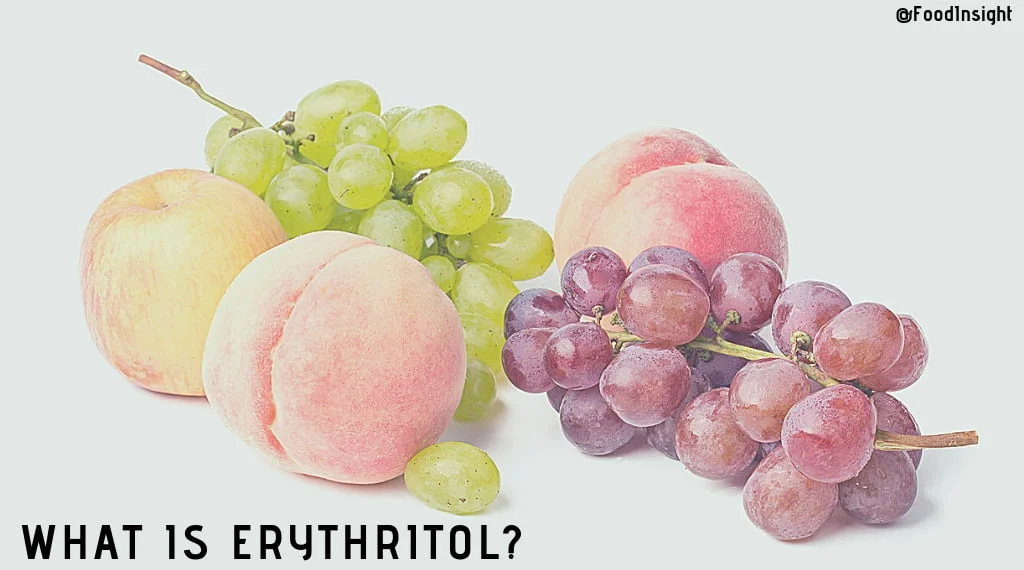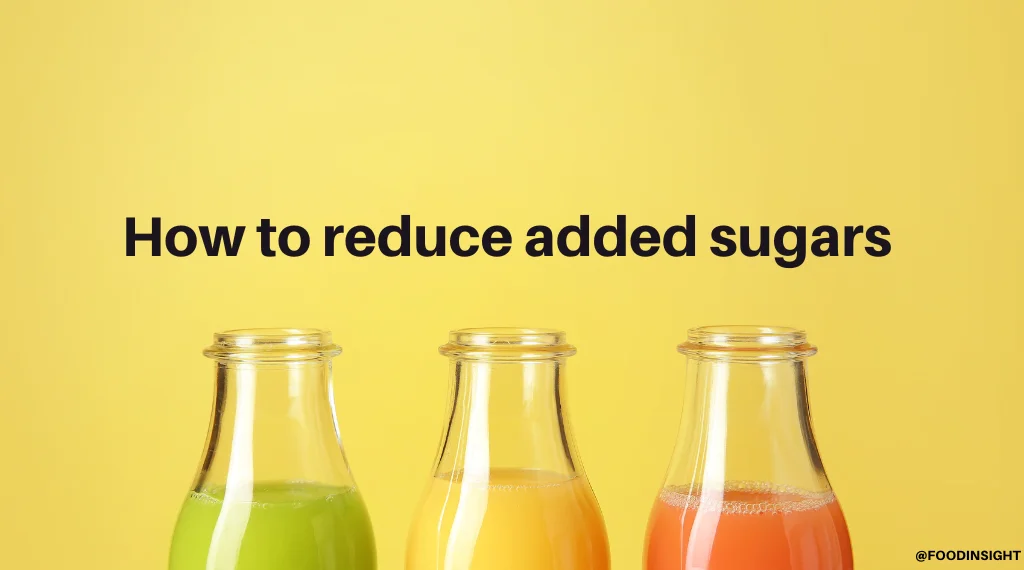
Highlights
- Erythritol is a type of carbohydrate called a sugar alcohol, or polyol.
- Erythritol is unique from other sugar alcohols because it contains zero calories.
- Erythritol occurs naturally in a variety of fruits, vegetables, and fermented foods and beverages. It is also commercially produced through fermentation. Our bodies also produce smaller amounts of erythritol during glucose metabolism.
- Erythritol does not impact blood glucose or insulin secretion and contributes to oral health.
- Erythritol’s safety has been confirmed by numerous health authorities around the world, including the U.S. Food and Drug Administration and World Health Organization. Erythritol is approved for use in more than 60 countries.
Erythritol Essentials
Erythritol (pronounced Ear-rith-ri-tall) is a type of carbohydrate called a sugar alcohol, or polyol, which are water-soluble compounds that occur naturally in many fruits and vegetables. It is also commercially produced by fermentation from a simple sugar derived from corn, called dextrose. It’s used as a zero-calorie sweetener to help replace calories from carbohydrates and added sugars in packaged foods and beverages. In addition to providing sweetness, erythritol also helps foods retain moisture.
Erythritol safety has been reviewed and confirmed by health authorities around the world. Based on these extensive reviews, erythritol is approved for use in more than 60 countries. Japan was the first country to approve erythritol for use in foods in 1990. The World Health Organization confirmed its safety in 1999 and in 2001, the U.S. Food and Drug Administration (FDA) also recognized erythritol as safe. Since then, the European Commission and European Food Safety Authority have issued scientific opinions on erythritol and approvals for its use.
While the safety of erythritol and other sugar alcohols is is well-documented, some sugar alcohols, when eaten in excessive amounts, can cause gastrointestinal discomfort, including gas, bloating and diarrhea. As a result, foods in the U.S. that contain the sugar alcohols sorbitol or mannitol must include a warning on their label about potential laxative effects. Erythritol is better tolerated than sorbitol or mannitol, so foods that contain erythritol do not need to carry that warning label.
Erythritol and health
Like most sugar alcohols, erythritol is not as sweet as sugar: It’s only about 60-80 percent as sweet. When we consume erythritol, we don’t completely digest it so it does not provide calories. Its lack of calories makes erythritol unique among sugar alcohols, most of which have around two calories per gram (for reference, sugar has about four calories per gram). Erythritol’s contributions to health go beyond the potential to replace calories from carbohydrates and sugar in our diet. Two areas where erythritol is known for its positive effects are oral health and blood sugar.
Oral Health
Sugar alcohols like erythritol have been shown to benefit oral health in a number of ways. Primarily, because they are noncariogenic: in other words, they don’t contribute to cavity formation. Erythritol inhibits the growth of a specific type of oral bacteria (Streptococcus mutans) known to be associated with cavities. Therefore, sugar alcohols like erythritol do not promote tooth decay. Some sugar alcohols like xylitol and erythritol are also considered nonacidogenic, which means they help decrease the amount of acid produced by the oral bacteria that can damage tooth enamel. Because of these attributes, the FDA has recognized erythritol and other sugar alcohols as beneficial to oral health.
Blood sugar
Erythritol is absorbed in the small intestine, but it is not fully metabolized. Instead, it is eliminated unchanged from the body, mainly through the urine. This makes erythritol helpful for people with diabetes because it doesn’t provide carbohydrates, sugar, or calories, and therefore does not affect blood glucose levels or insulin secretion.
Recommended intakes
There are no formal recommendations for erythritol intake because erythritol is not essential in a healthy eating pattern. But erythritol is present in our bodies whether we consume it or not. We produce small amounts of erythritol as part of glucose metabolism, although the factors influencing its production are not well understood.
Estimated consumption of erythritol is about 16 grams per day in the U.S., with the highest erythritol consumers getting about 32 grams per day. Although symptoms of gastrointestinal distress have been noted with excessive intakes, erythritol is considered to be well-tolerated up to one gram per kilogram of body weight per day, which would be up to 68 grams of erythritol per day for someone weighing 150 pounds.
For those following a low Fermentable Oligosaccharides Disaccharides Monosaccharides And Polyols (FODMAP) diet, food sources of erythritol are monitored because erythritol is a type of polyol. Although erythritol is considered a low-FODMAP item, it can affect the absorption of fructose which can be important for those conducting a fructose challenge as part of a low-FODMAP diet.
Food sources of erythritol
Erythritol is found naturally in fruits like grapes, peaches, pears and watermelon. It’s also found in mushrooms and fermented foods like beer, cheese, sake, soy sauce and wine. In addition to whole foods, erythritol is commercially produced for use in baked goods, beverages, candies, chewing gums, chocolates and tabletop sweetener packets.
When erythritol or other types of sugar alcohols are added to a packaged food or beverage, the FDA requires that the type of sugar alcohol is specified in the list of ingredients. But you won’t always find sugar alcohols documented on the Nutrition Facts label. Sugar alcohols are not required to be displayed on the Nutrition Facts label unless a product makes a claim on its label about sugar alcohols or sugar content. If such a claim is made, then the number of grams of sugar alcohols in a serving of the product must be displayed on the Nutrition Facts label. If only one type of sugar alcohol such as erythritol is used, some products will call it out by name on the Nutrition Facts label, but that level of detail is not required by the FDA.




